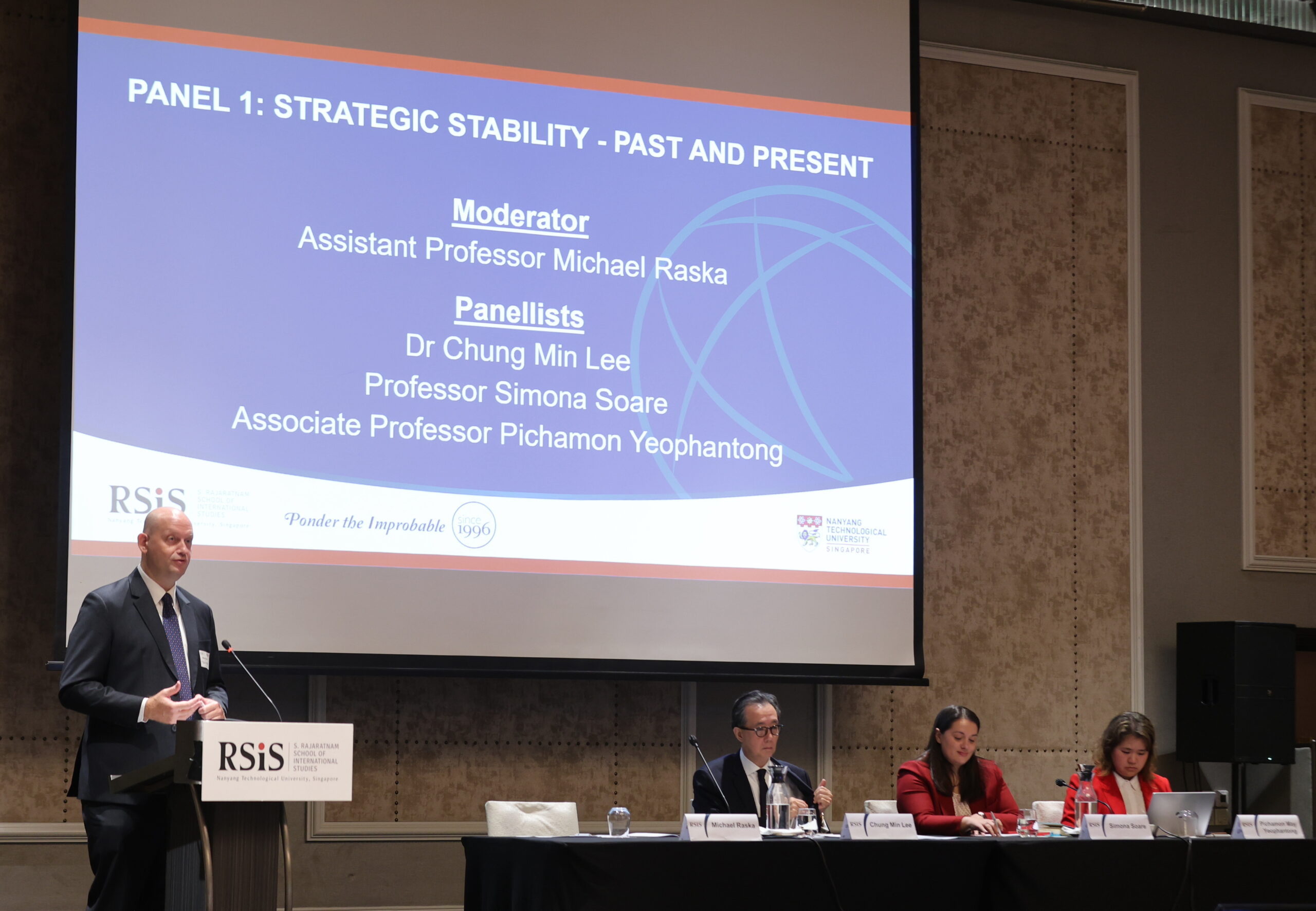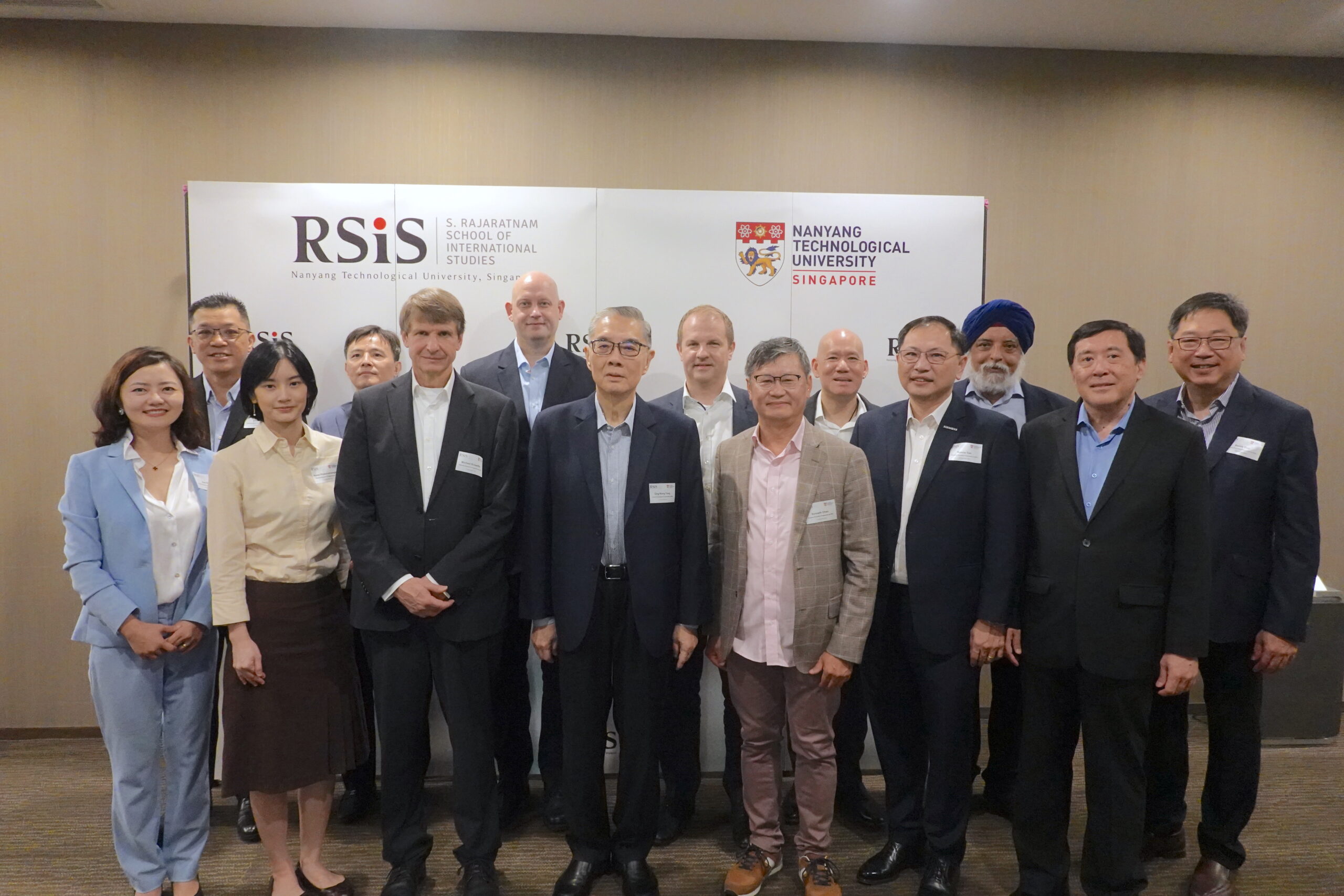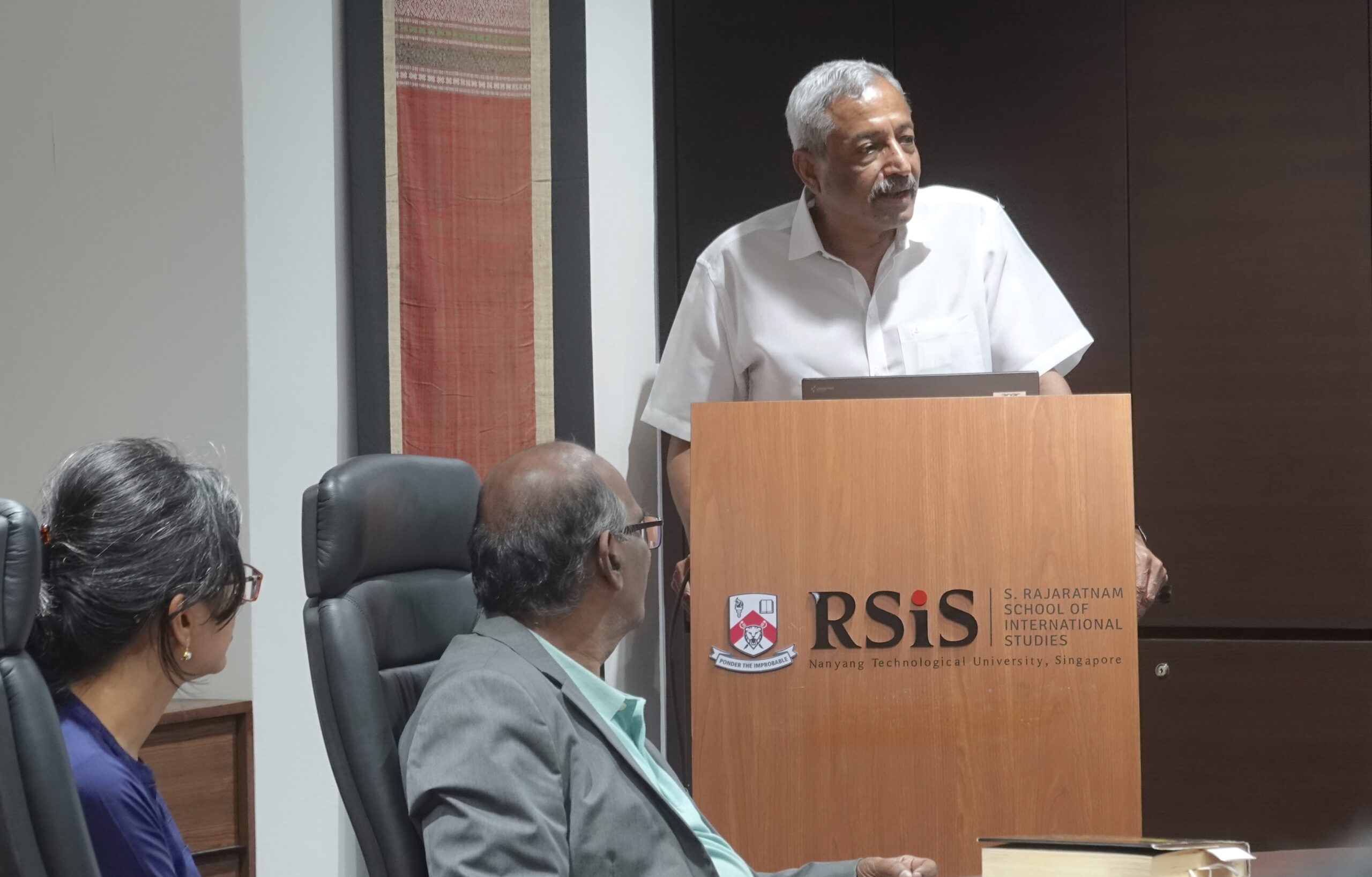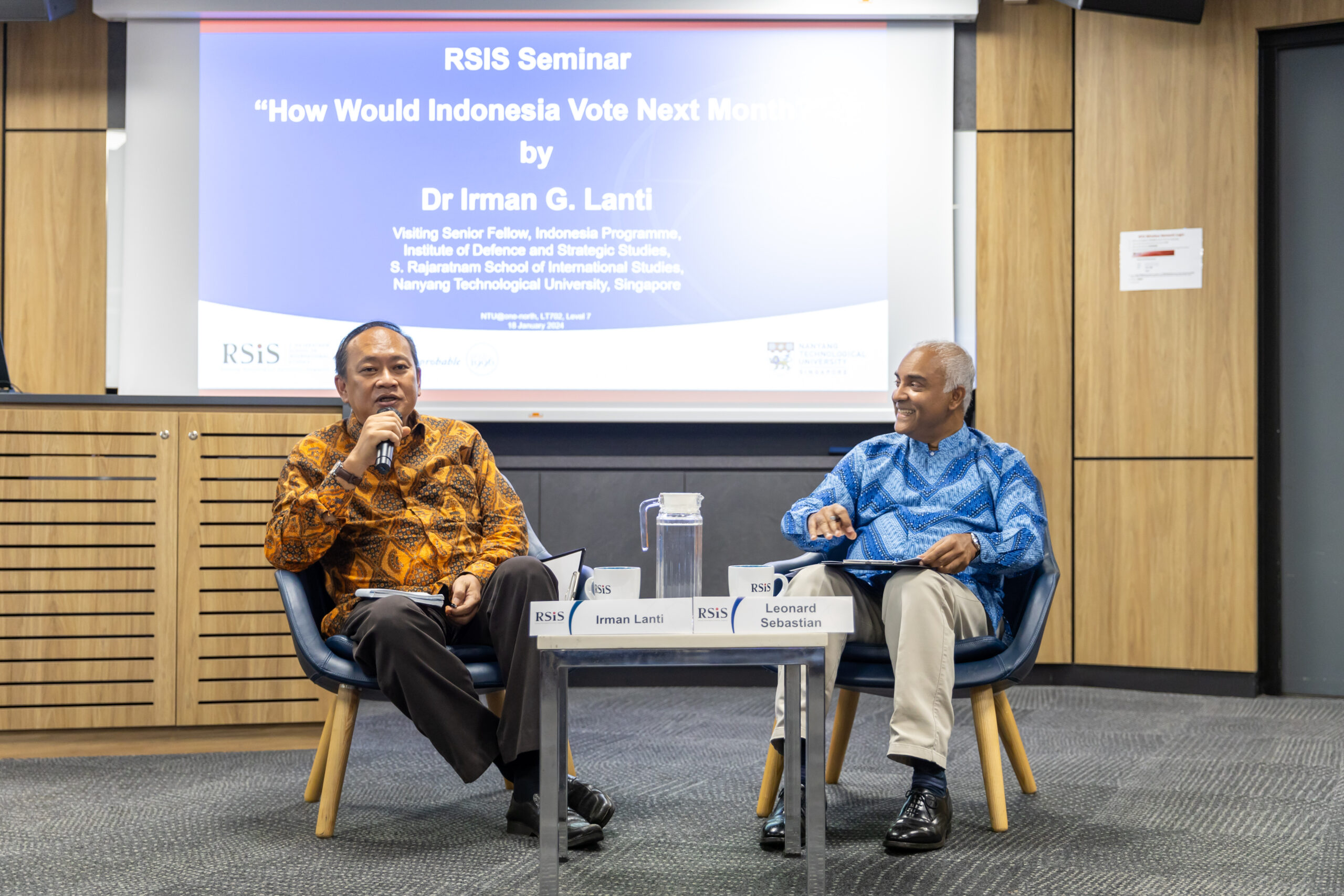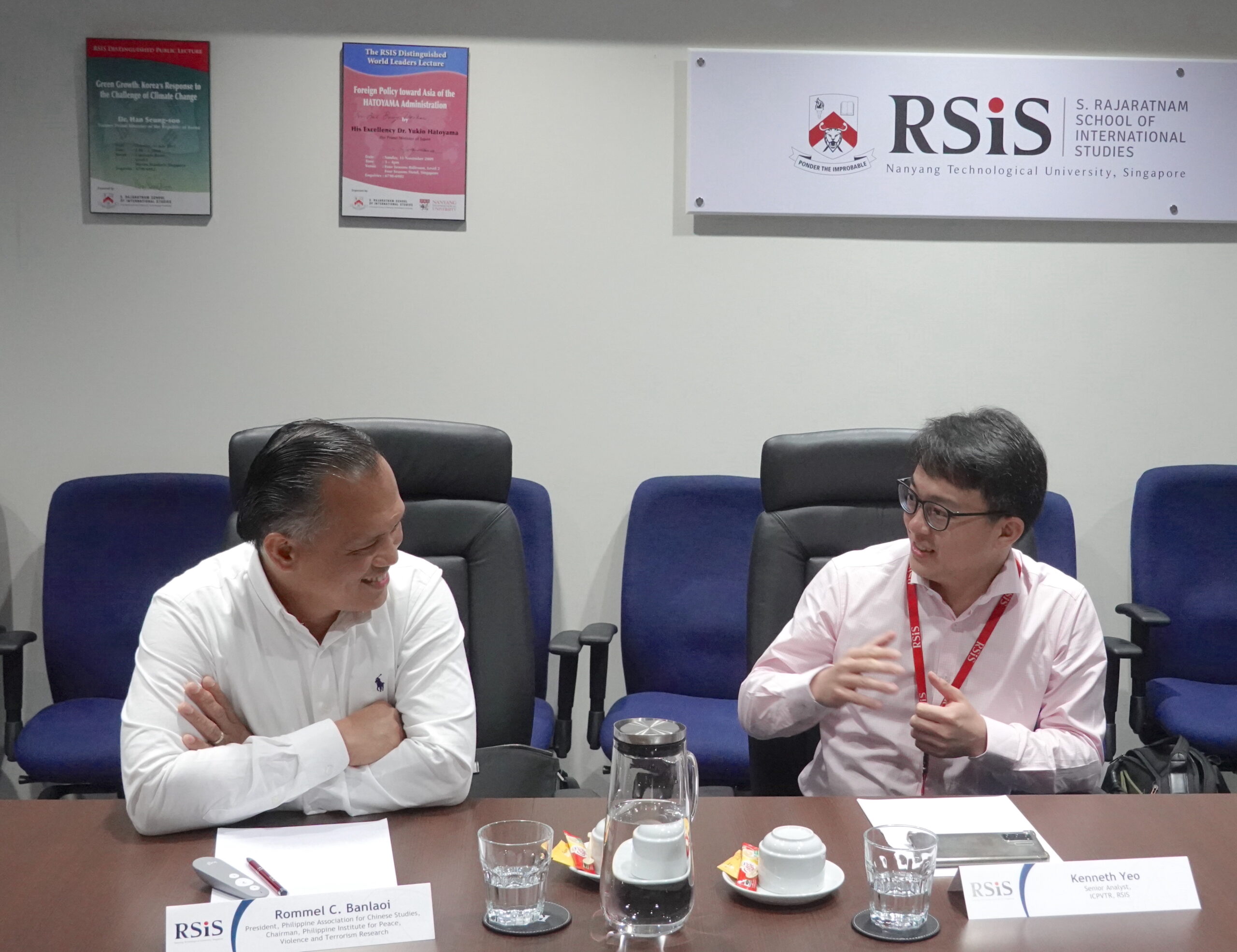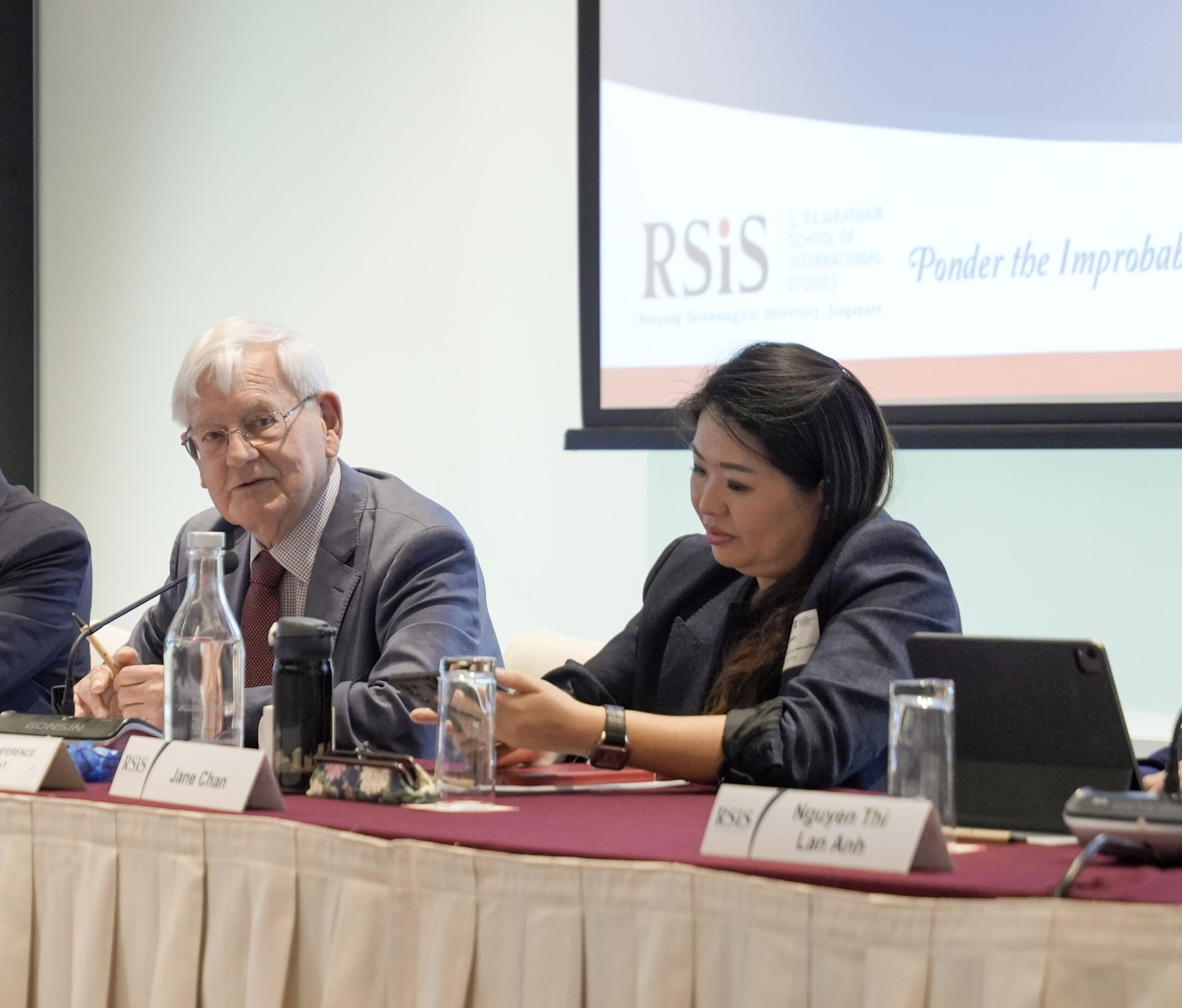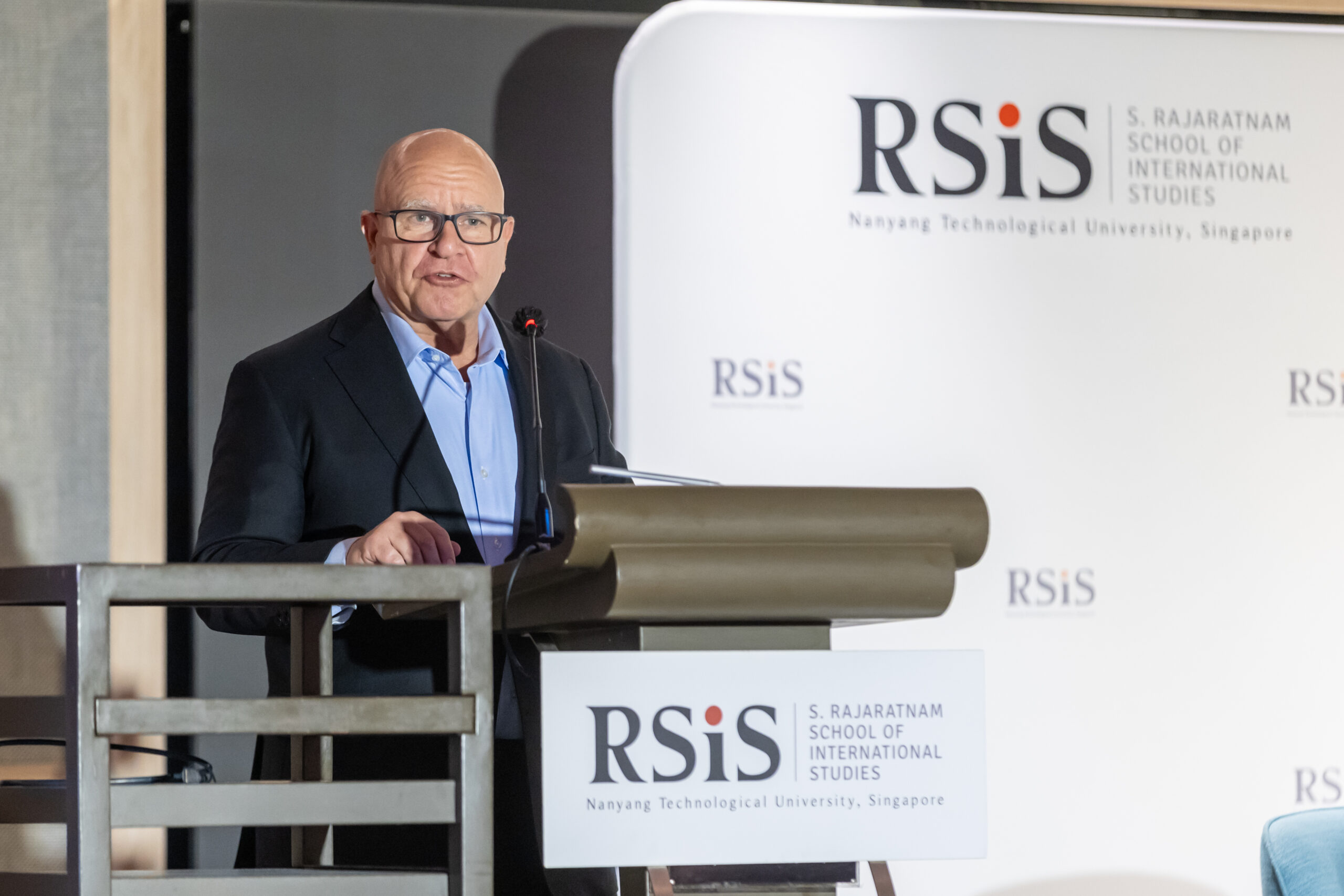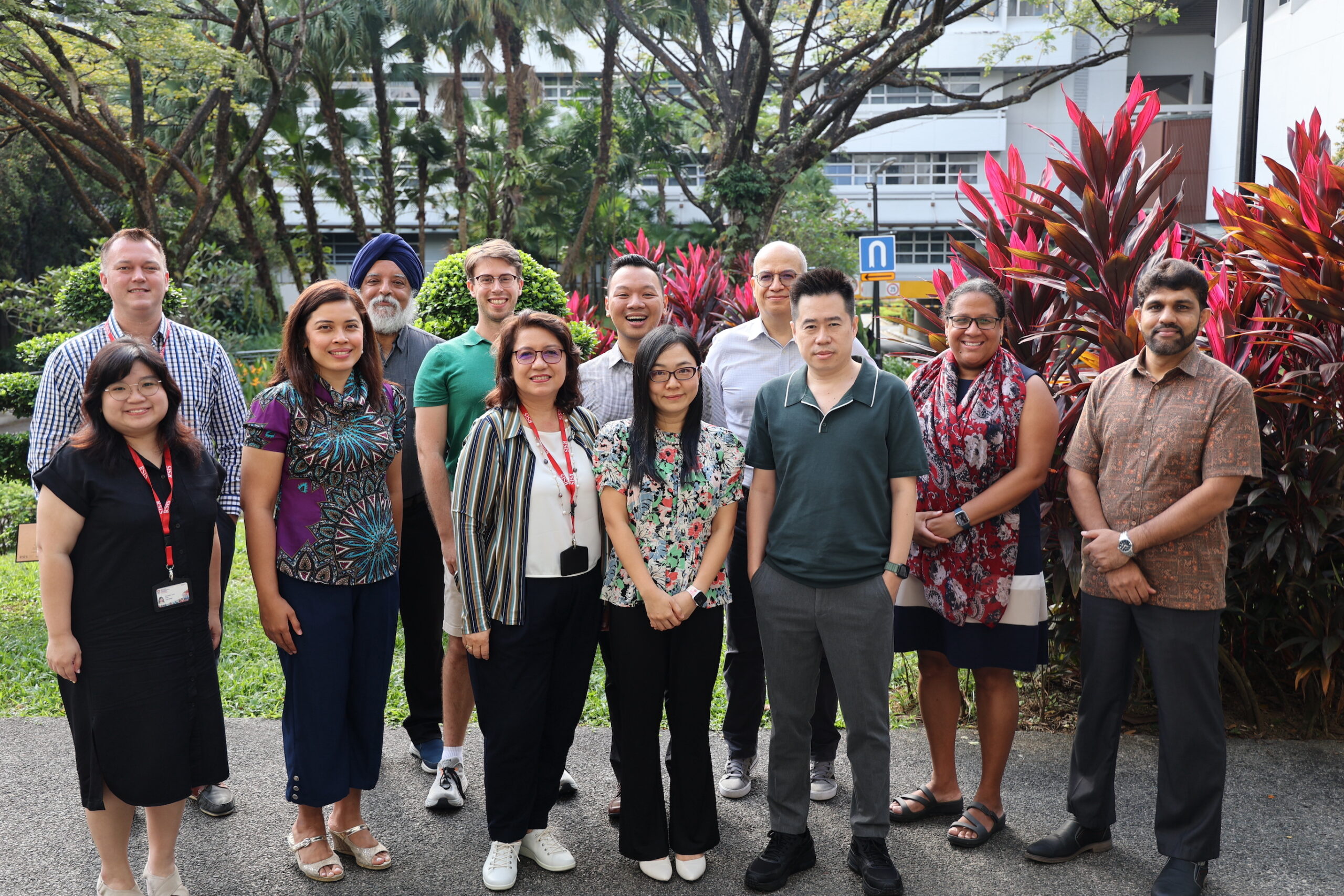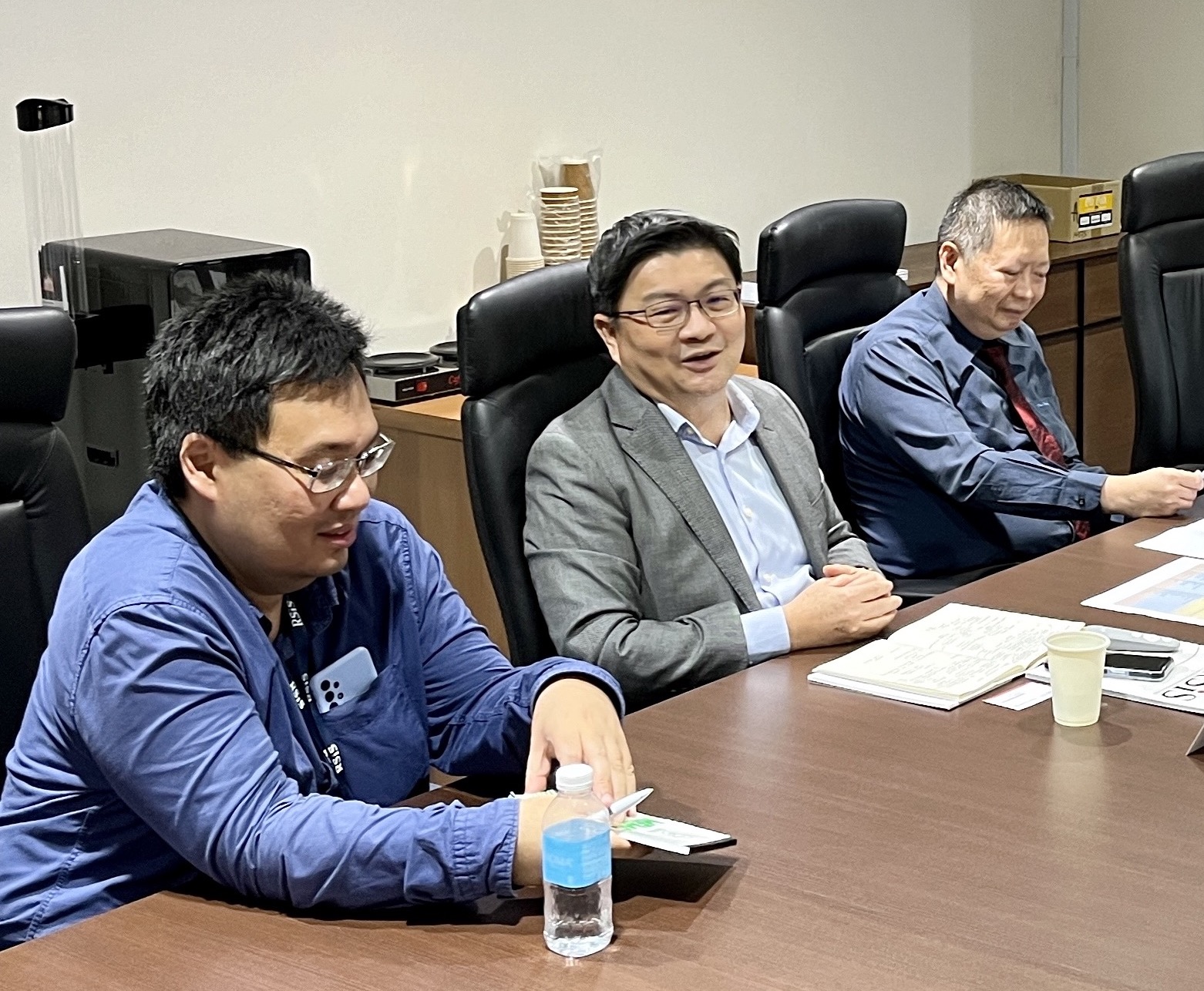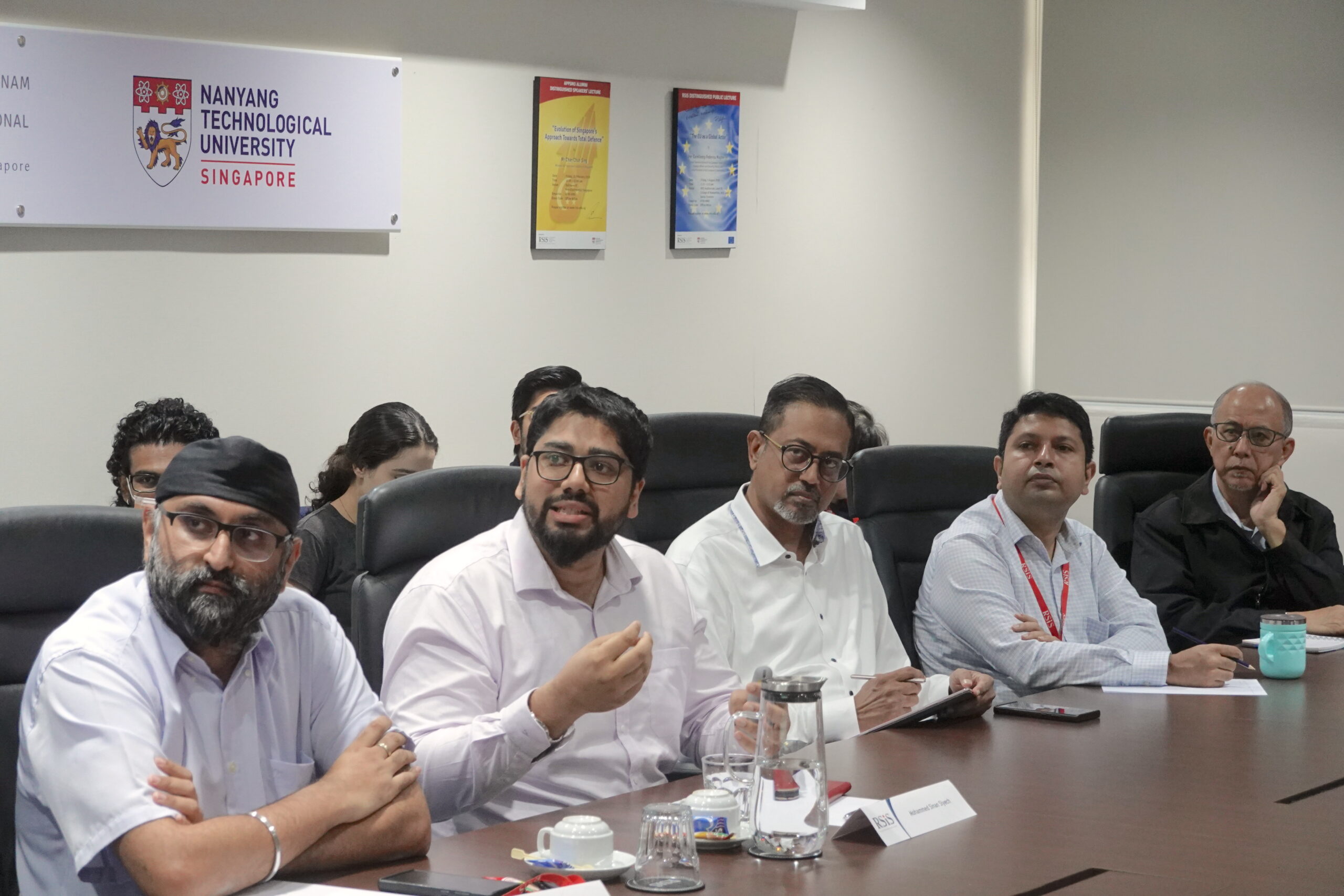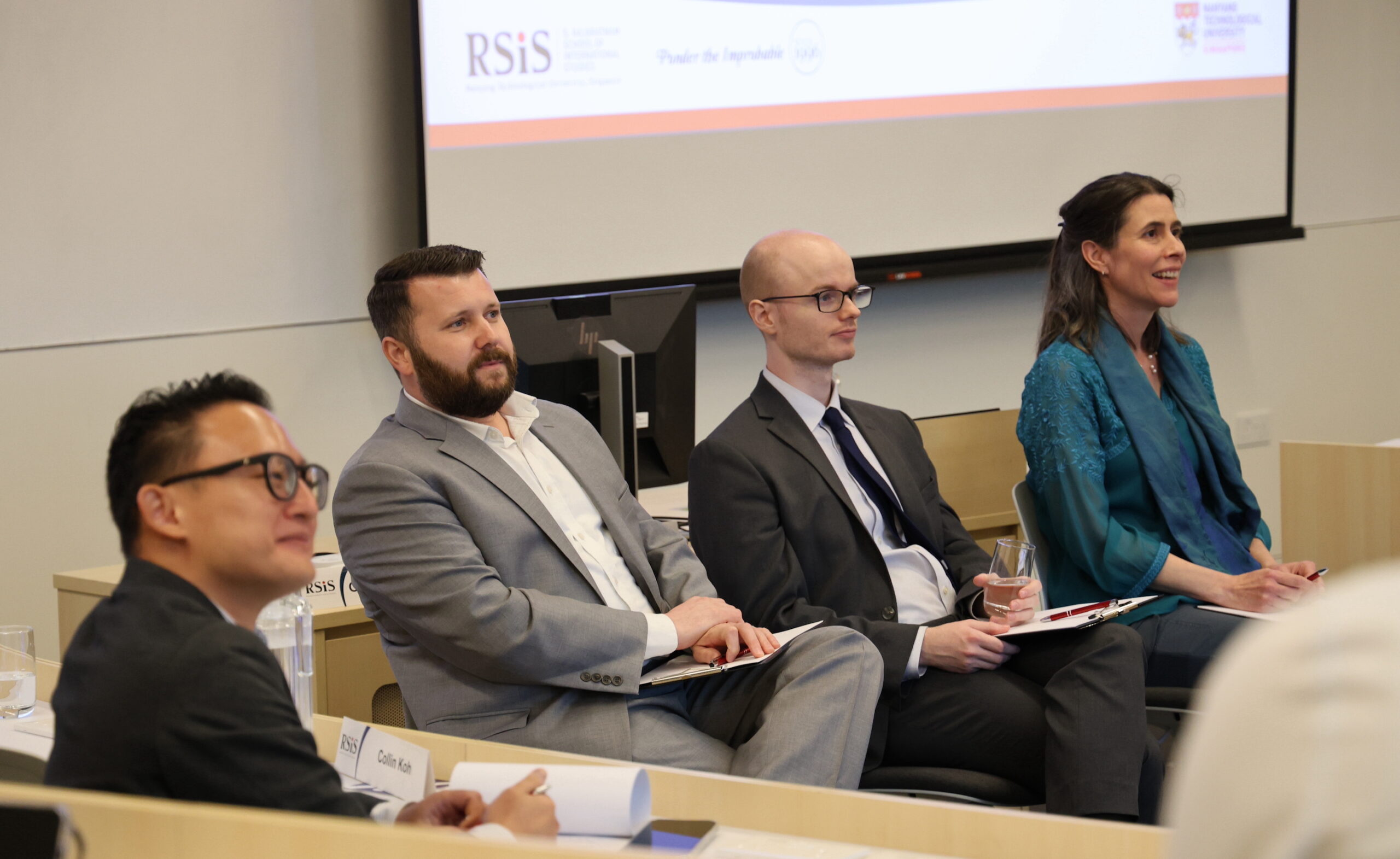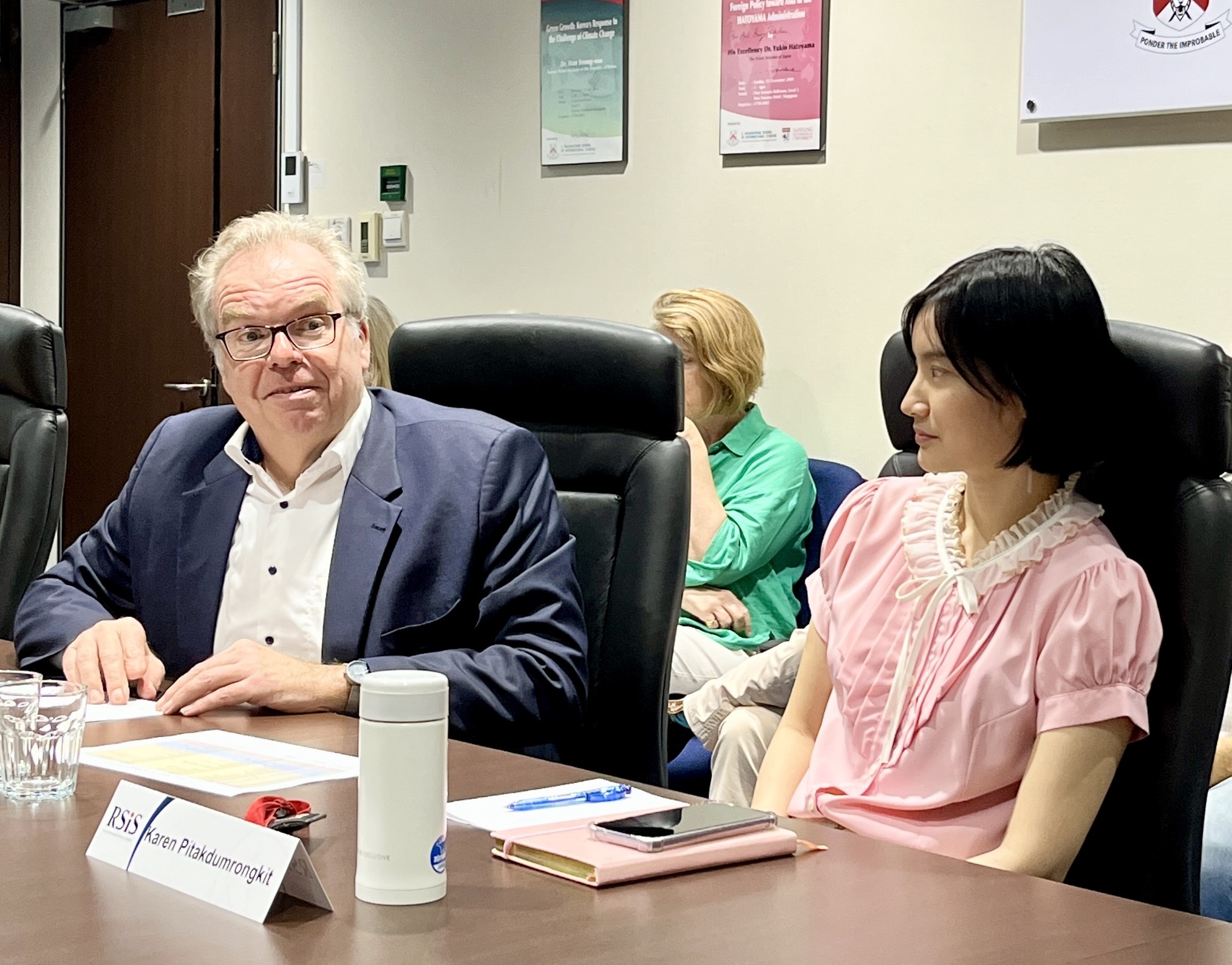
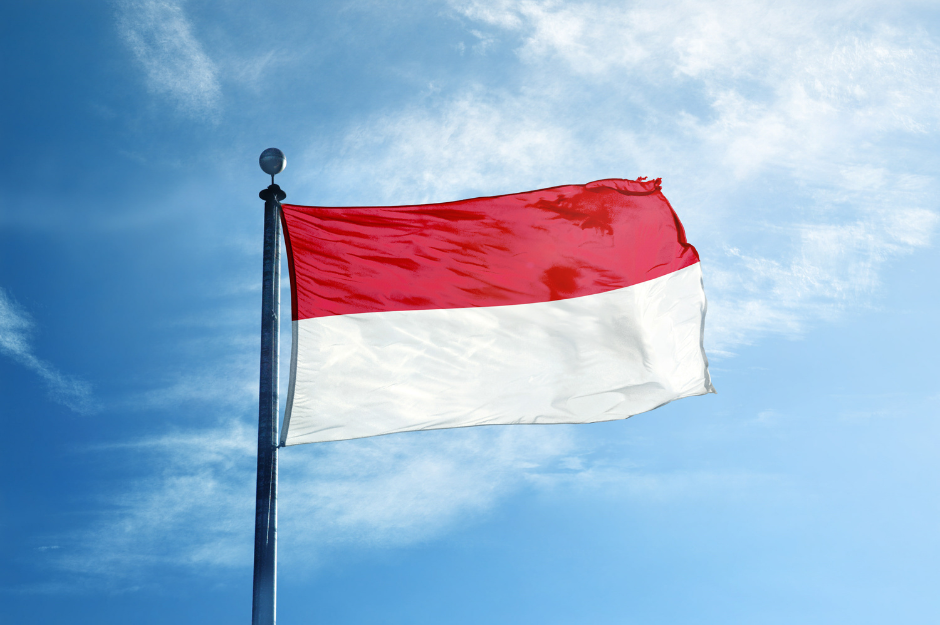
The Indonesia Programme conducted a webinar titled “Indonesia’s 2024 General Elections: Dynamics in Sumatra, West Java, Central Java, and East Java” on 7 February 2024. The webinar provided the latest information on the electoral dynamics of key electoral battlegrounds in Sumatra as well as the three most populous provinces in Indonesia: West Java, Central Java, and East Java. These regions have their own electoral importance due to their large population. Participants discussed the strategies that the presidential candidates and political parties will use to attract the voters in these regions.
The discussion commenced with insights from Dr Rizka Halida, Associate Professor at Faculty of Psychology, the University of Indonesia, and a researcher at Indikator Politik Indonesia. Assoc Prof Rizka Halida’s presentation noted that presidential candidates use a wide-range of campaign venues, including campaign ads (offline billboard, poster and rallies), media (conventional TV, social TV, and party machines – both national), and local level, networks (NU, Muhammadiyah, religious community leaders). Dr Sayed Fauzan Riyadi, the Executive Director of Center for Southeast Asia and Border Management Studies, Raja Ali Haji Maritime University in Riau Islands Province, Indonesia; followed with a demographic overview on voters from Sumatra. The total number of votes in Sumatra to be contested was 43 million, which means Sumatra voters represent roughly 21% of all Indonesian . Dr Sayed’s presentation outlined the rampant pork-barrel/money politics among local executive and legislative members both at regency and city levels in Sumatra. He elaborated that vote buying is rampant in Sumatra because the majority of voters in Sumatra (50 percent and above) are workers from the informal sector who are vulnerable economically.
During the Q&A session, some of the spectators questioned the impacts of the 2024 GE to Indonesian politics, such as the continuation of polarisation and the importance of political ideology. On polarisation, both speakers agreed that polarisation did not emerge as the dominant issue in the 2024 GE. Furthermore, Dr. Sayed argued that patronage distribution has superseded identity politics and party ideology. Meanwhile, Dr Rizka said that currently, only Indonesia’s Democratic Party of Struggle (PDIP) and Prosperous Justic Party (PKS) prioritise party ideology. Other parties tend to rely only on patronage resources distribution and popular candidates to mobilise the voters.




